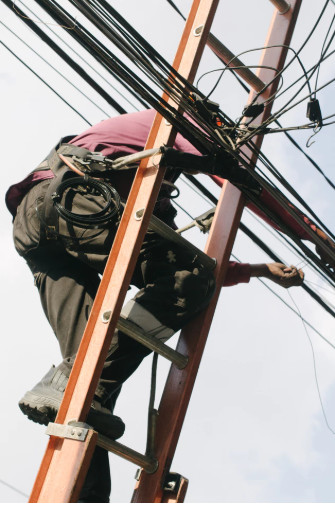
Did you know that solar panels are designed to last for as long as 25 years?
When you are considering an investment that is meant to go on for this length of time, it will save you a lot of money if the job is handled well right from the beginning.
With the growing number of providers of solar installation services, great care should be taken to avoid hiring an incompetent technician. Here are some of the pitfalls you may find yourself in when you deal with a poorly trained technician.
- They may purchase substandard products which will give you poor power supply.
- They may fail to design the right system to suit your needs. Here you may have a technician recommending a system that may not be well suited to your particular demand for energy. This is sometimes due to their failure to correctly assess the need.
- Design defects may cause break down of your expensive equipment. For instance, the technician needs to know what the battery load requirement is for a particular size of solar panel in order to avoid spoiling the panels and the batteries.
 4. They may fail to take advantage of the latest technology trends that would provide you with more cost effective solutions or more aesthetically pleasing packages. A good technician will keep abreast of new technologies that are available in the industry.
4. They may fail to take advantage of the latest technology trends that would provide you with more cost effective solutions or more aesthetically pleasing packages. A good technician will keep abreast of new technologies that are available in the industry.
Check out the TASS technicians discussion of technology trends in solar technology over time. (This will be a link to the tech team page discussing technology)
- Failure to have reliable after sales service and maintenance arrangements.
In order to reduce the risk of hiring an incompetent technician, ensure that you look out for the following characteristics in the technician that you bring on.
- Are they able to provide you with evidence of the work that they have done on projects the size of the one that you are hiring them for?
- Did they carry out an in depth assessment of your location and premises before they recommended a particular design?
- Where do they typically source the equipment that they recommend to clients? Are you able to find some information on whether the equipment meets certain standards?

